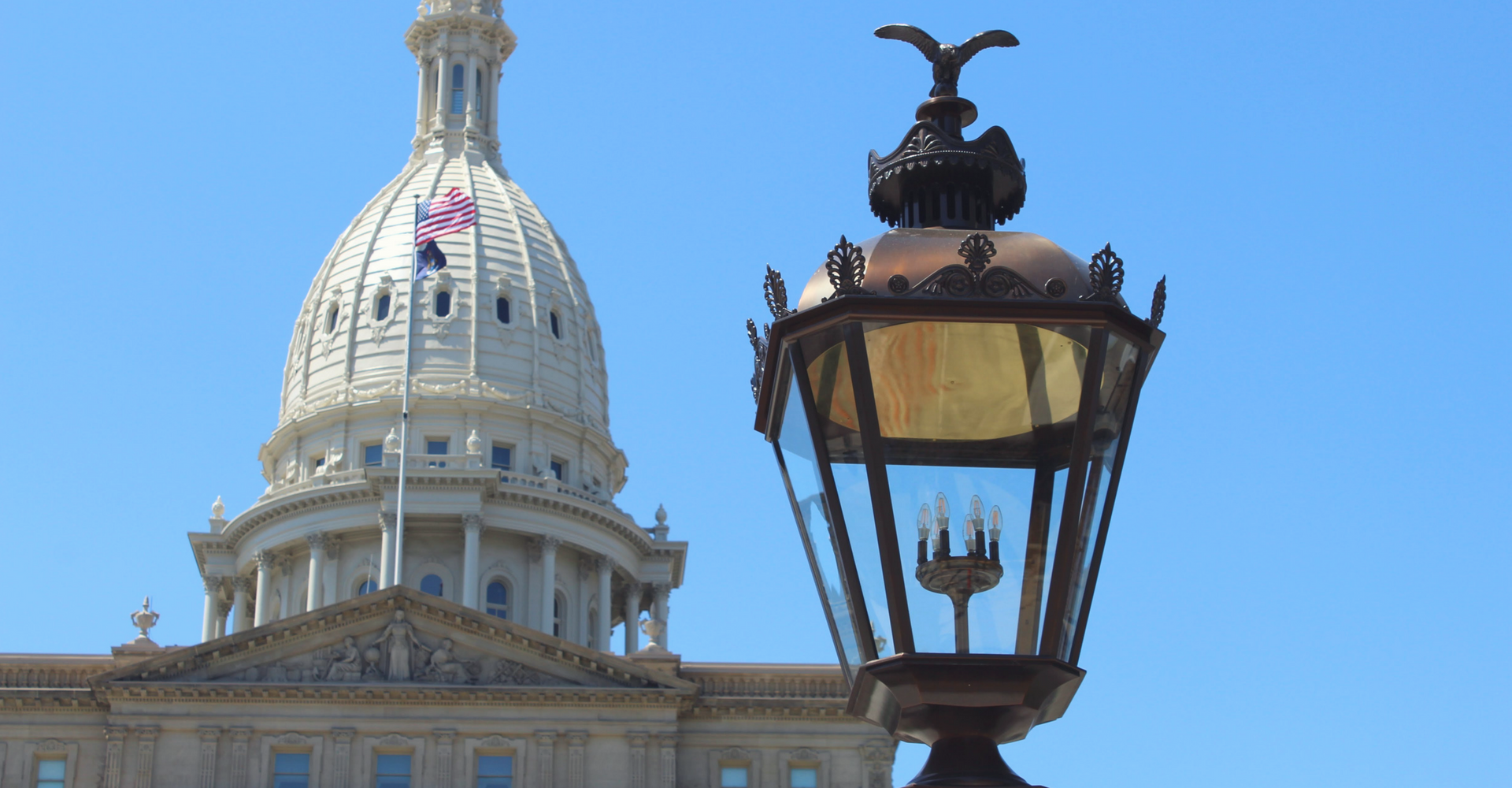We have noticed recently many people incorrectly stating that Michigan charter schools have little to no regulation, no oversight, and no accountability. Nothing could be further from the truth. The premise of charter schools has been accountability for student academic performance in exchange for less paperwork and regulation. Let’s explore how Michigan has implemented this ideal.
Michigan Charter schools are accountable.
- Michigan law requires charter schools anywhere in Michigan that are in the bottom 5% of schools for 3 years in a row to close. The new, tougher closure provision was added in law in June 2016 after the older provision was deemed inoperable with the demise of annual yearly progress (AYP). See MCL 380.507 (5)
- Charter school authorizers also hold charter schools accountable to the requirements in their charter performance contract (a legally binding contract with the school public school board on the expectations, requirements, and goals).
- Finally, parents hold their charter school accountable; if the school doesn't perform they can and do choose other schools.
- No students are assigned to a charter school. If the school is not meeting the needs of a family, families can and do make choices to leave the school.
Charter schools in Michigan are also highly regulated, likely the most regulated in the country. And yet we will not regulate schools to academic success, which requires meaningful academic expectations and related accountability, not more bureaucratic reporting and monitoring. Charter schools in Michigan have to follow every law and regulation that applies to any other traditional public school with the exception of a few. These policy differences are:
- Charter schools in Michigan also have to abide by a tougher conflicts of interest law that prohibits any conflict between a public board member and anyone the board would contract with. Traditional school board members in Michigan only have to recuse themselves from the vote, charter school board members are prohibited from severing on a board that would have such a conflict
- Michigan charter schools are prohibited by law from having their teachers in the tenure system.
- Michigan charter schools can limit enrollment based on the buildings occupancy and the charter contract student counts. If they have more applicants than the enrollment limitations, they must do a random selection lottery. They cannot discriminate based on academic performance, special needs, race, or anything other reason.
- Michigan charter schools cannot levy a millage of any kind, including facilities bond issues, sinking funds millages, or special education millages. They are also by law prohibited from participating in regional enhancement millages like the one just passed in Wayne County. Charter schools in Michigan receive no additional public funding for facilities, period.
- Michigan charter schools can contract for all services. Traditional schools can contract for all services except instruction. This allows charter schools to be a little more flexible in meeting the needs of the community while continuing oversight of the public board.
Charter schools in Michigan have to follow all the other rules and regulations for schools in Michigan, including hiring certified teachers and administrators, educating special education students, complying with the open meetings act and freedom of information act, participating in standardized testing, evaluating teachers and administrators, and all other applicable law, etc.
While Michigan charter schools have always lived up to the accountability side of the premise, most have not enjoyed the greater flexibility or autonomy. In fact, some states have blanket waivers for all education related laws and regulations (other than health and safety). In Michigan, charter schools, with the exception of the few differences stated above, operate the same as any other school, with all the same requirements, just more accountability and less financial support.

No Comments Yet
Let us know what you think